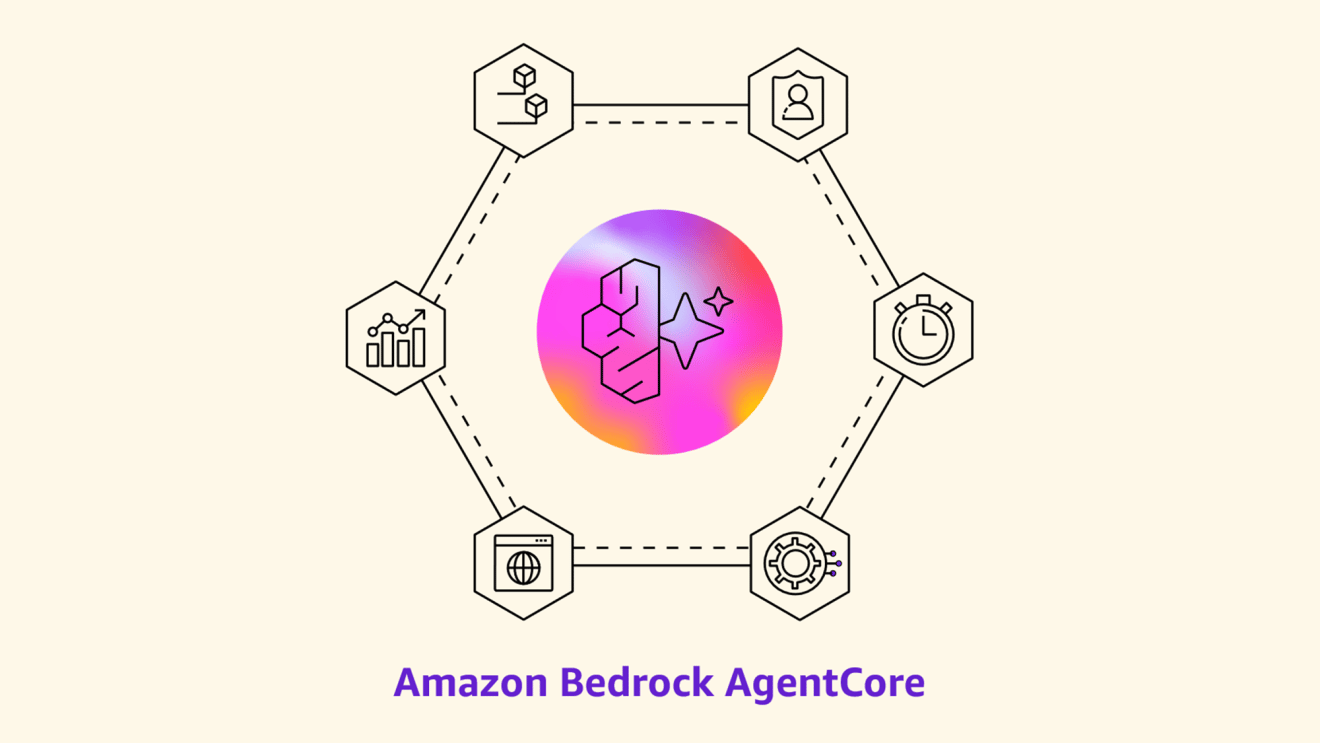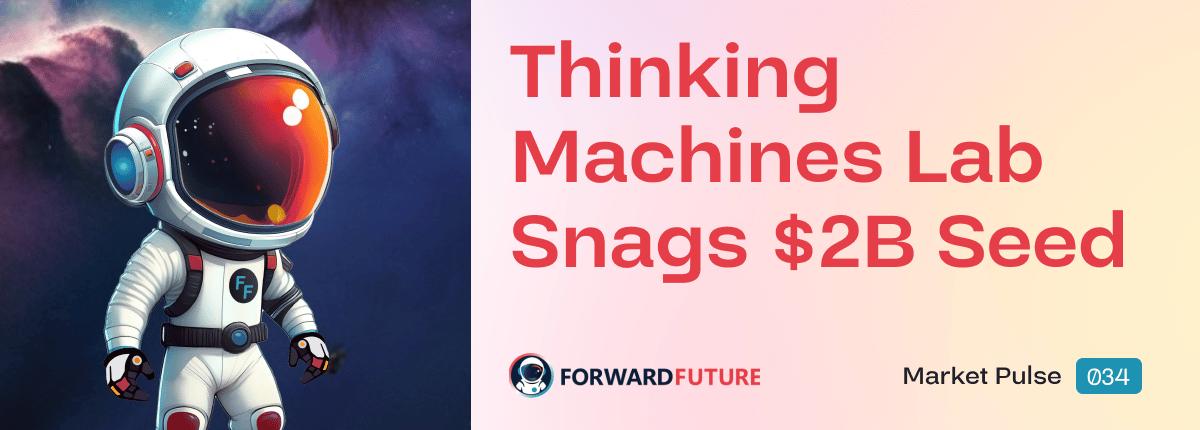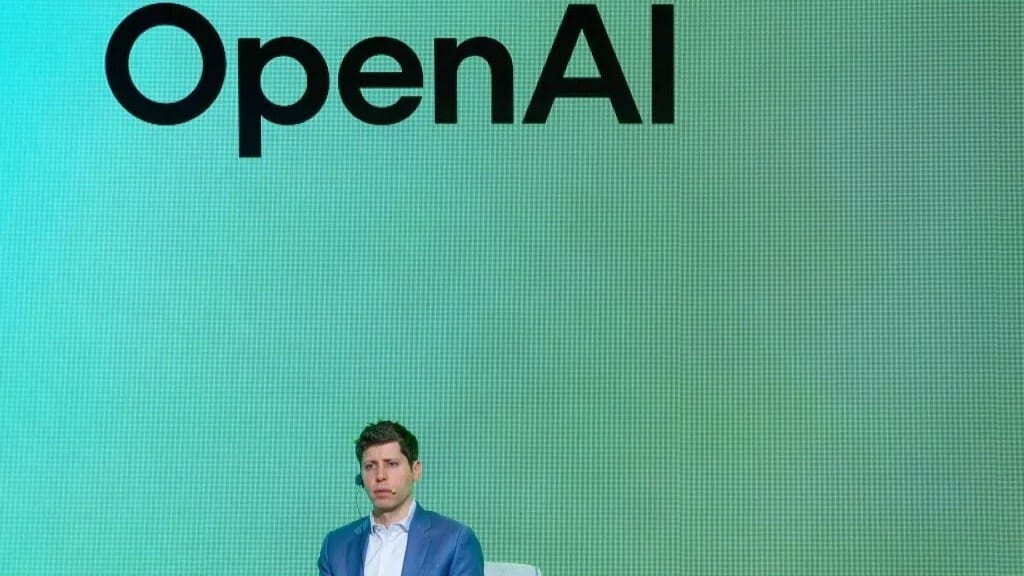- Forward Future by Matthew Berman
- Posts
- 🧑🚀 China’s Big Bet, Asimov Agents, and Inside OpenAI
🧑🚀 China’s Big Bet, Asimov Agents, and Inside OpenAI
China backs open-source AI, Asimov mimics dev teams, OpenAI insider reveals chaos, Google’s AI makes calls, AWS debuts AgentCore, Meta hires OpenAI talent, NVIDIA links chips to trade.
🗞️ YOUR DAILY ROLLUP
Top Stories of the Day

🛠️ AWS Launches AgentCore to Power Enterprise AI Agents
At AWS Summit NY, Amazon unveiled AgentCore, a full-stack toolkit to build and scale secure AI agents across industries. It includes services for memory, code execution, tool access, and observability. AWS also launched an AI agent marketplace and committed $100M to accelerate agentic AI development via its Generative AI Innovation Center.
📞 Google’s AI Can Now Make Calls for You
Google's new AI feature can call local businesses—like pet groomers and auto shops—on your behalf directly from Search. It uses Gemini and Duplex to ask questions, gather details, and send updates via text. The tool is available nationwide with expanded access for Pro and Ultra users. Google is also testing Deep Search for smarter, multi-step queries.
👔 Meta Recruits Two More High-Profile OpenAI Researchers
OpenAI researcher Jason Wei, known for his work on chain‑of‑thought reasoning and reinforcement learning in the o1 model, has departed to join Meta’s newly beefed‑up superintelligence lab. He’s accompanied by fellow AI specialist Hyung Won Chung. Meta continues an aggressive hiring spree, offering packages reportedly up to $300 million over four years.
🔲 NVIDIA Ties China Chip Sales to Rare-Earth Talks
NVIDIA will resume sales of its H20 AI chip to China amid U.S.-China trade talks over rare-earth elements, which are crucial for tech manufacturing. Commerce Secretary Lutnick says China is getting NVIDIA’s “fourth best” chip, easing national security concerns. The move drew criticism from lawmakers, while export rules for AI chips remain unsettled.
Enjoying our newsletter? Forward it to a colleague—
it’s one of the best ways to support us.
🪧 POWERED BY VULTR

Vultr is empowering the next generation of generative AI startups with access to the latest AMD and NVIDIA GPUs.
Try it yourself when you visit getvultr.com/forwardfutureai and use promo code "BERMAN300" for $300 off your first 30 days.
📊 MARKET PULSE
$2 Billion Seed Round Signals Strong Confidence in Murati’s Vision

Former OpenAI CTO Mira Murati has raised a staggering $2 billion in seed funding for her AI startup, Thinking Machines Lab, now valued at $12 billion in its infancy. This colossal capital infusion ranks among Silicon Valley’s largest-ever seed rounds.
The round was led by Andreessen Horowitz, with participation from tech giants NVIDIA, AMD, Cisco, ServiceNow, and trading firm Jane Street. Notably, Thinking Machines has yet to launch a product or post any revenue; it was founded just in February 2025 and currently employs several dozen researchers—many from OpenAI. → Continue reading here.
🏁 AI RACE
China Bets Big on Open-Source AI to Challenge U.S. Dominance

China is pouring billions into its AI sector, using a state-led industrial policy to rival U.S. tech dominance. In the year since OpenAI blocked Chinese access to its systems, firms like Alibaba, DeepSeek, and Huawei have launched high-performing open-source models, backed by massive government investment in chips, data centers, and talent hubs like Hangzhou’s Dream Town.
This top-down strategy echoes China's playbook in EVs and solar, with local subsidies and national R&D funds driving growth. While Chinese hardware still lags behind NVIDIA, the open-source push is gaining traction globally—giving Beijing a new kind of soft power: influence by infrastructure, not ideology. → Read the full article here.
🤖 AGENTS
Ex-Google Researchers Launch Asimov, an AI Agent Trained to Think Like a Software Team

Reflection, a startup founded by ex-Google AI researchers, has launched Asimov—an AI agent designed to understand software development like a human team would. Instead of just spitting out code, Asimov analyzes emails, Slack threads, and documentation to learn how software gets built. The system is made up of multiple smaller agents that collaborate to answer developer queries with context and reasoning.
Its creators believe mastering software development is key to building superintelligent AI. Early surveys show developers prefer Asimov’s answers over Claude Code’s, but questions remain around security, compute costs, and scalability. Still, Asimov’s team-based design marks a new phase in AI agents—less autocomplete, more co-pilot. → Read the full article here.
🏢 CULTURE
Inside OpenAI: Fast Growth, Fast Launches, and the Thrill of Building Codex

Former OpenAI engineer Calvin French-Owen offers a candid, upbeat look at life inside one of the world’s most-watched AI companies. In a new blog post, he describes the company’s rapid scale-up, from 1,000 to 3,000 employees in a year, and its breakneck pace of innovation, including launching the Codex coding agent in just seven weeks.
Despite the chaos of hypergrowth, he praises OpenAI’s startup-like autonomy and its rare ability to turn a sidebar feature into instant traction. French-Owen also pushes back on safety critiques, emphasizing the company’s serious attention to real-world risks. → Read the full article here.
⚛️ SCIENCE
AI Model Detects Hidden Heart Disease Using ECGs, Outperforms Cardiologists

A new deep learning tool called EchoNext can detect structural heart disease (SHD) from routine ECGs—sidestepping the cost and scarcity of echocardiography. Trained on over 1.2 million ECG–echo pairs from a diverse hospital network, the model accurately identified a wide range of SHD types and even outperformed cardiologists in a controlled test.
In a clinical trial, it flagged previously undiagnosed cases, showing promise for early intervention. EchoNext's creators have publicly released the model and a large labeled dataset, aiming to democratize AI-driven screening for a condition affecting millions yet often missed. → Read the full paper here.
🛰️ NEWS
What Else is Happening

🌊 China Deploys Ocean Data Centers: Wind-powered servers off Shanghai slash cooling energy use by 30%, marking a bold leap in AI infrastructure, and a comeback for Microsoft's shelved Natick idea.
💼 Scale AI Cuts 14% of Workforce: Weeks after Meta’s $14.3B investment, Scale axes 200 staff and 500 contractors as major clients pull back and focus shifts to gov and enterprise deals.
⚠️ Researchers Slam xAI’s Safety Culture: OpenAI and Anthropic staff allege Elon Musk’s xAI cuts corners on AI safety, calling its approach “reckless” amid breakneck product rollouts.
📑 WeTransfer Walks Back AI Terms: After backlash, WeTransfer clarifies it won't use user files to train AI and removes all machine learning language from its updated service terms.
🫂 Teens Turn to AI Companions: 72% of U.S. teens use AI bots for friendship—despite safety concerns, emotional risks, and 34% reporting unsettling interactions with their digital “friends.”
📽️ VIDEO
Perplexity's AI-Native Browser Comet is HERE
ICYMI, Matt explores Comet—Perplexity’s AI-first browser that browses, clicks, and completes web tasks for you like a local agent with superpowers. Get the full scoop in Matt’s latest video! 👇


Reply